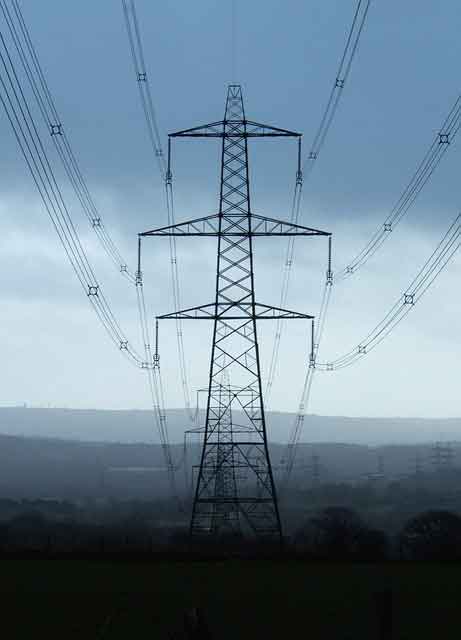Who will pay for the electric gas stations?
Given this impending electric-vehicle revolution, where are all of the electric pumps?
With electric vehicles, you could probably do away with stopping at fueling stations entirely, as the majority of your fueling, or battery charging, will be done overnight while plugged in at home or during the day while parked at the office. But because it is conceivable that not every trip will be within the battery range of your vehicle, the mere presence of public charging stations for electric vehicles could help alleviate "range anxiety," or the concern that with an electric vehicle, you will be stranded when your battery dies.
Wouldn't it be nice to know that a stop for a Big Mac to fill your belly could also serve as a stop to extend your car's driving range? While some electric cars are already on the road, and people are installing charging stations at home, can the government roll out enough public charging stations in time to support all of these vehicles?
Sure, and if we were the green fairy, we'd sprinkle magical carbon-free dust on President Obama and have him pour billions of dollars into making electric vehicles affordable.
Wait — that's already happening — and it may be enough to get started. But if we want electric vehicles to be successful on a large scale, we can't rely on the government to do it all. We need big-box retailers, office buildings, and fast-food franchises to invest.
And, while it would be great if these companies invested just because they feel strongly about energy security, global warming, or innovative transportation, it also makes good business sense.
With an initial investment of definable costs, owners have a variety of options for earning a significant return:
• Collect fees for battery charging;
• Attract more customers;
• Recharge your own vehicles;
• Enhance your brand.
The Rocky Mountain Institute has a new guide for investing in charging infrastructure, detailing the full costs of charging stations — not just what the charging station manufacturers will quote, but the installation and running costs, as well. The guide helps potential investors ask the right questions, understand the differences across the technology, and connect to those active in this space.
Each business has a unique scenario, and for those who wish to see their own numbers, RMI has also developed an interactive tool to help business owners accurately assess their business case. This report and tool will help users understand if and how they can make money from a charging station.
Does investing in charging infrastructure make sense for your business?
Let's take the example of a McDonald's. The total cost of a station may be about $5,000, and installation may cost about the same. Ten grand is nothing to sneeze at, but the actual cost to the investor is likely to be lower. Uncle Sam will provide a 50 percent tax credit, and many states have an additional incentive on top of that. As a typical McDonald's grosses $2.2 million annually, a one-time investment of $5,000 is less than half of 1 percent of annual revenue.
Let's consider what the station would provide in return. Even though most of the companies RMI interviewed for this guide did not list branding opportunities as the top driver for interest in charging stations, this hypothetical McDonald's owner already would generate great publicity, which has real value.
Paying for an advertisement in a nationally syndicated publication is expensive, and not nearly as powerful as being "caught doing good."
Of RMI's corporate interviewees, a commitment to retaining employees and the potential to attract new customers came up most often as incentives for installing charging stations. In the McDonald's example, think of how quickly these stations would pay for themselves if a few new customers a day decided to go to this McDonald's instead of another fast-food chain because they agree with its practices.
Most of these charging stations will also have intelligence built in that enables fee collection from users to refill their batteries. Depending on the number of electric-vehicle users, this is another potential source of revenue. These individual streams can start to add up to real returns.
Installing a charging station may not make sense for some businesses. However, it may be possible that some companies make a little green by being a little greener.
Related News

N.W.T. green energy advocate urges using more electricity for heat
HAY RIVER - A Northwest Territories green energy advocate says there's an obvious way to expand demand for electricity in the territory's South Slave region without relying on new mining developments — direct it toward heating.
One of the reasons the N.W.T. has always had some of the highest electricity rates in Canada is that a small number of people have to shoulder the huge costs of hydro facilities and power plants.
But some observers point out that residents consume as much energy for heat as they do for conventional uses of electricity, such as lighting and powering appliances. Right now almost…




